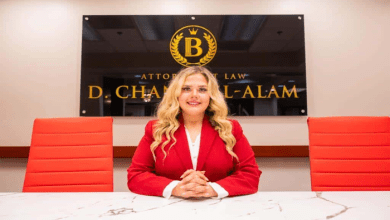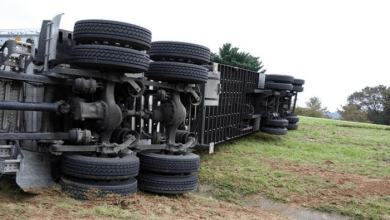
One in three children in U.S. foster care reports some form of abuse or neglect—a disturbing statistic that often goes unnoticed by the public. For many of these children, the very systems meant to protect them become sources of trauma, creating long-lasting emotional and physical scars.
While criminal charges may hold abusers accountable, they don’t always address the suffering of the victim. That’s where civil remedies come in. Through personal injury law, survivors can seek compensation for victims of foster care abuse, allowing them to recover damages for pain, suffering, medical treatment, therapy, and more.
This area of law not only offers financial relief but also acknowledges the wrongs endured, holding individuals and institutions responsible for failing to provide safety and care. By shining a light on these injustices, personal injury claims serve as both a path to justice and a catalyst for reform.
How Personal Injury Law Applies to Foster and Group Home Abuse
When a child is abused in foster care or a group home, they may be entitled to bring a civil lawsuit against the responsible parties. This could include foster parents, staff members, supervisors, private care agencies, or even state and county departments. The goal of these lawsuits is not only justice but also to provide meaningful support to victims as they heal from trauma.
Under personal injury law, abuse survivors may file claims for negligence, intentional infliction of emotional distress, assault, battery, and failure to protect. These are not just legal terms—they represent the failure of systems and individuals to provide even the most basic level of safety and care.
Who Can Be Held Liable?
Foster care and group home abuse cases often involve a complex web of responsibility. Liability may fall on:
- Individual abusers, such as foster parents or staff members
- Supervisors or administrators who ignored red flags or failed to act
- Licensing agencies that failed to properly screen or monitor placements
- Government agencies that neglected to investigate complaints or enforce standards
In many cases, state and local agencies are not immune to lawsuits. The Civil Rights Act (42 U.S. Code § 1983) allows victims to sue government officials for violating constitutional rights, including the right to personal safety. Courts have ruled that children in foster care have a constitutional right to protection from harm while in state custody.
Common Types of Abuse in Foster and Group Homes
Sadly, abuse can take many forms in these environments. Some of the most common include:
- Physical abuse: hitting, restraining, or other acts of violence
- Sexual abuse: inappropriate touching, assault, or exploitation
- Emotional abuse: humiliation, threats, or manipulation
- Neglect: failure to provide food, medical care, hygiene, or supervision
These forms of mistreatment often occur in environments where oversight is lax and accountability is minimal. When agencies fail to act on reports of abuse or neglect, they may be considered complicit in the harm.
Long-Term Impact on Victims
Children who experience abuse in out-of-home care often suffer lasting consequences. These may include:
- Post-traumatic stress disorder (PTSD)
- Depression and anxiety
- Attachment disorders
- Difficulty forming healthy relationships
- Educational and developmental delays
By filing a civil claim, survivors can pursue damages for both the immediate and long-term effects of the abuse. This can include compensation for medical bills, counseling, lost opportunities, and reduced quality of life.
Statute of Limitations and Delayed Discovery
One of the most significant challenges in these cases is timing. Many survivors don’t come forward until years after the abuse occurred, often due to fear, shame, or repressed memories. Fortunately, many states now recognize this reality and have extended or eliminated statutes of limitations for child abuse cases.
Some jurisdictions also apply the “delayed discovery” rule, allowing the statute of limitations to begin when the victim becomes aware of the abuse and its effects, not when the abuse actually happened. Survivors should consult with an attorney experienced in child abuse cases to determine if they still have a valid claim.
Building a Strong Legal Case
To succeed in a personal injury claim related to foster or group home abuse, survivors and their attorneys must gather strong evidence. This may include:
- Medical records and psychological evaluations
- Testimony from therapists, doctors, or other professionals
- Witness statements
- Prior complaints or reports filed against caregivers or institutions
- Internal records showing negligence or misconduct
These cases often involve going up against powerful institutions, but with the right legal representation, survivors can fight back.



